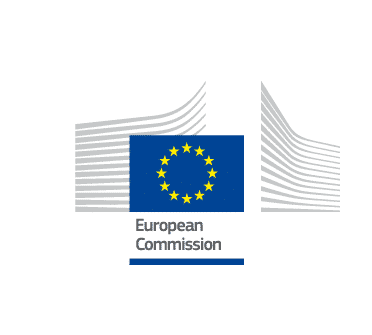France (Paris)
When does fashion look like magic? When the fibres it’s made from are created not from animals, plants or plastics – but from the air we breathe. Fairbrics have found a way to capture CO2 from the atmosphere, and turn it into synthetic fibres that can make durable clothing.

The Fairbrics team of scientists trap CO2 and turn it into pellets. These are then converted into yarn and woven into fabric, aptly named Airwear. It is identical to today’s oil-based polyester – one of the major contributors to the fashion industry’s huge greenhouse gas emissions. By capturing more CO2 than it uses to produce, Fairbrics have created the world’s first carbon negative synthetic fibre.
Benoît Illy, founder of Fairbrics, explains how Airwear was inspired by nature. “We reproduce in the lab what nature does so well. Trees use light to convert CO2 in natural fibers. We use electricity to convert CO2 in synthetic fibers.”
“If we want to change global emissions,” he adds, “it’s going to be down to consumer choice. People are more and more interested in a product with a smaller carbon footprint – and we do believe by offering a more sustainable product, we can decrease the carbon footprint of the industry.”
AtlasAction: Get in touch with the team for more information
Project leader
Benoît Illy, co-founder & CEO
Partners
Fairbrics are finalists in 2020’s European Social Innovation Competition, which is organised by the European Commission, with the support of a consortium of organisations. The consortium is led by Nesta Challenges and includes Kennisland, Ashoka Spain, the European Network of Living Labs, and Scholz & Friends. ‘Reimagine Fashion: Changing behaviours for sustainable fashion’ calls on applicants to find new, creative ways to reduce the overall environmental footprint and improve the societal impact of the fashion market, so that we can bring the joy back into fashion, without the harm.
Support the Atlas
We want the Atlas of the Future media platform and our event to be available to everybody, everywhere for free – always. Fancy helping us spread stories of hope and optimism to create a better tomorrow? For those able, we'd be grateful for any donation.
- Please support the Atlas here
- Thank you!



